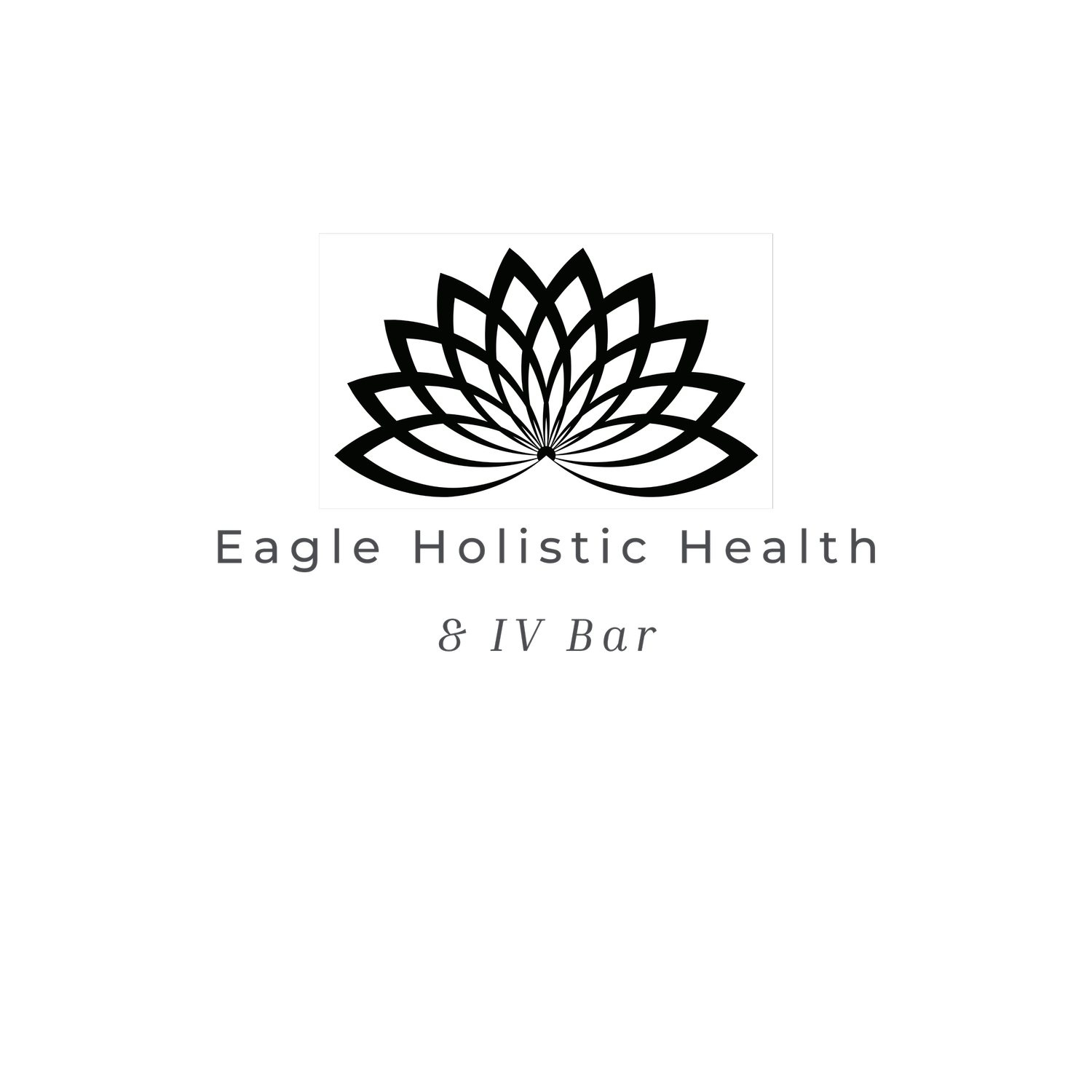WHY THE RIGHT THYROID TESTS MATTER.
Approximately one in eight women will be affected by a thyroid condition in their lifetime (read on to see why we think that number is grossly underestimated).
We deal with a lot of hypothyroid conditions among women. Common symptoms of hypothyroidism include:
• Fatigue
• Hair loss
• Anxiety and depression
• Dry skin and acne
• Cold intolerance
• Brain fog
• Digestive issues
• Irregular menstrual cycles
• Insomnia
• PPD and low breast milk production
• Muscle weakness and nerve pain
Many women are experiencing a number of these symptoms on a daily basis. It doesn’t take long before google points them to their thyroid and they are requesting thyroid labs from their provider. The labs get done and…it’s all normal. Is this the end of the story or is there more?
TSH (thyroid stimulating hormone) is often times the only marker a provider looks at when the thyroid health is in question. If the TSH is high you are hypothyroid, if the TSH is low you are hyperthyroid. It should come as no surprise that the human body is not this simple.
TSH tells us how the pituitary gland and the thyroid are communicating. If you are not making enough thyroid hormones then your thyroid tells your pituitary gland to increase the TSH, essentially creating a trickle-down effect.
So why can’t we just look at TSH? For a few reasons:
• TSH “normal” reference range is just that. Normal, not optimal. This reference range actually can change over time to incorporate the “new normal”.
• TSH is just the first step….we need to convert thyroid hormone T4 to the active T3. We may produce the right amount of TSH but if you are not converting the hormone at the end, it is a moot point.
• TSH is suppressed by cortisol and most of us are experiencing excess cortisol. You may be signaling to your pituitary gland to make more TSH but your cortisol is suppressing the TSH.
Getting the right testing done is the first step in understanding how your thyroid is functioning.




